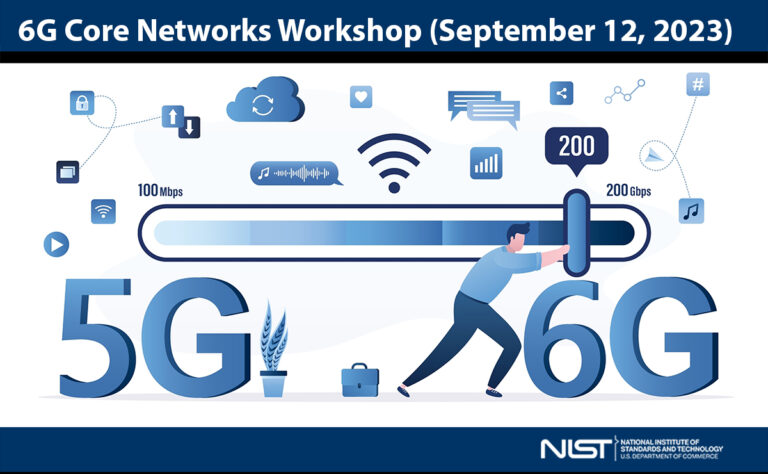
The transition from the current 5G environment to a 6G ecosystem is a major challenge and has the potential to bring major changes to the economy, science, and society. Many technical challenges need to be solved. In the process of finding these solutions, many gaps have been identified and need to be addressed. Creating new standards will be equally difficult. Although 5G environments are currently being built and deployed around the world, important challenges remain.
To address 6G challenges (e.g., support for newer and more stringent KPIs, differentiated services, larger and more complex networks, more agile networks, and greater automation), the 6G core network architecture and end-to-end You should consider enabling end-to-end (E2E) advancement services. For example, how do we manage the growing number and variety of users, devices, and network traffic, and address growing network complexity? How can we leverage AI/ML in this environment? How can we manage differentiated and even customized network services and ensure end-to-end quality of service? Service-based architectures and technologies (such as network slicing) that started with 5G How will 6G evolve to meet the growing challenges of 6G? How can 6G systems be made more resilient? How can open source and open testbeds help advance 6G? Is it?
The purpose of this workshop is to discuss the challenges, impacts, and future direction of transitioning from 5G to 6G. These include discussions on 6G core network architecture, E2E service enablement and quality assurance, 6G cloud and edge computing, network automation, and the role of AI in 6G core network and E2E service enablement. Additionally, we discuss potential concerns regarding the transition from 5G to 6G.
The workshop will consist of morning and afternoon sessions, with the morning session dedicated to research topics, use cases, goals, and challenges, and the afternoon session consisting of a panel discussion on the selected topic.


